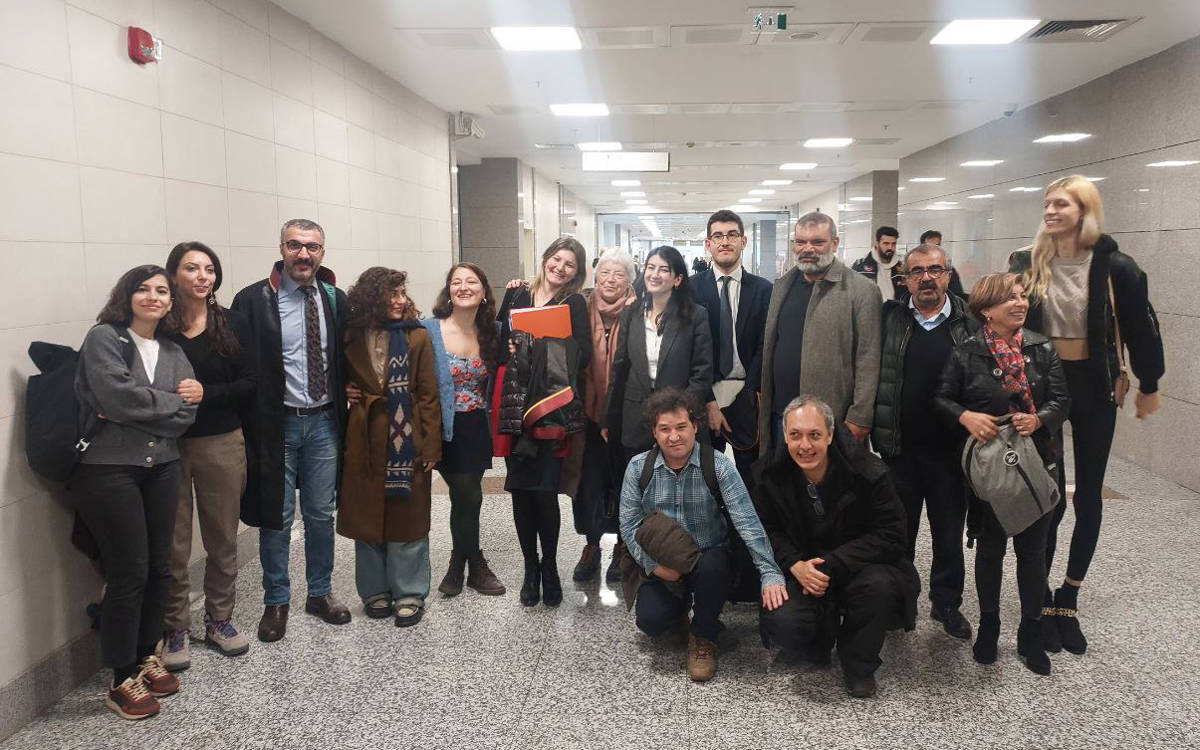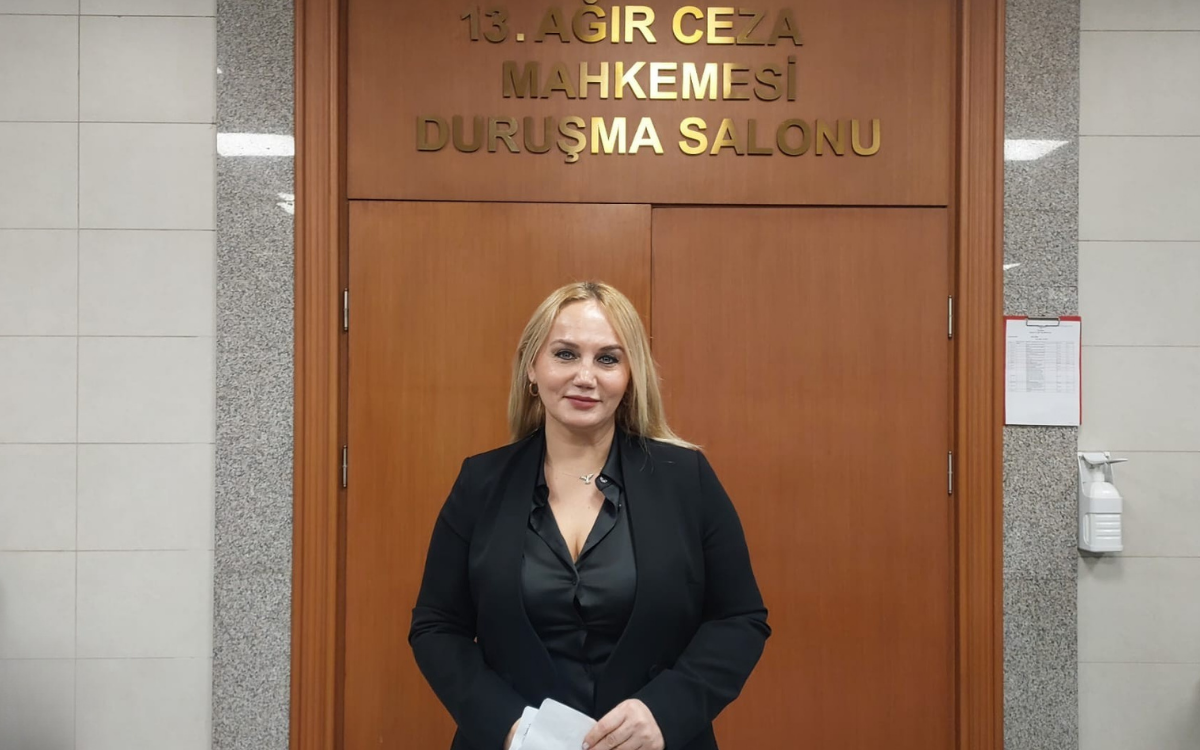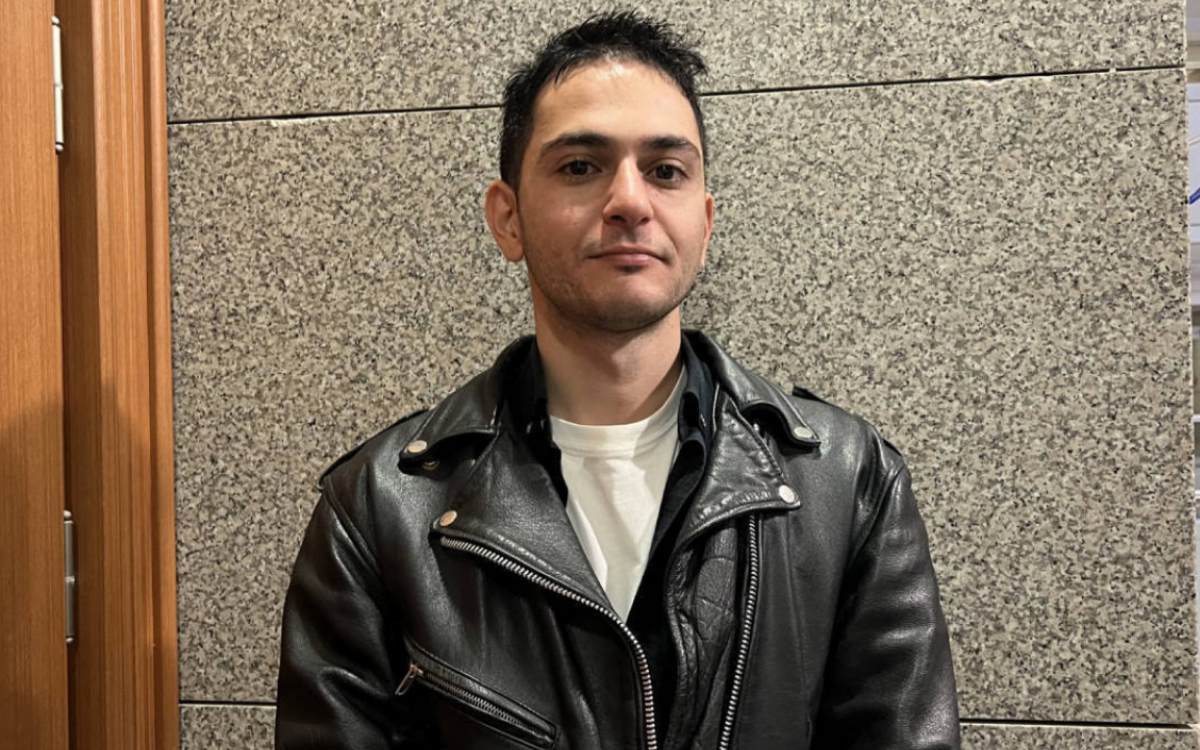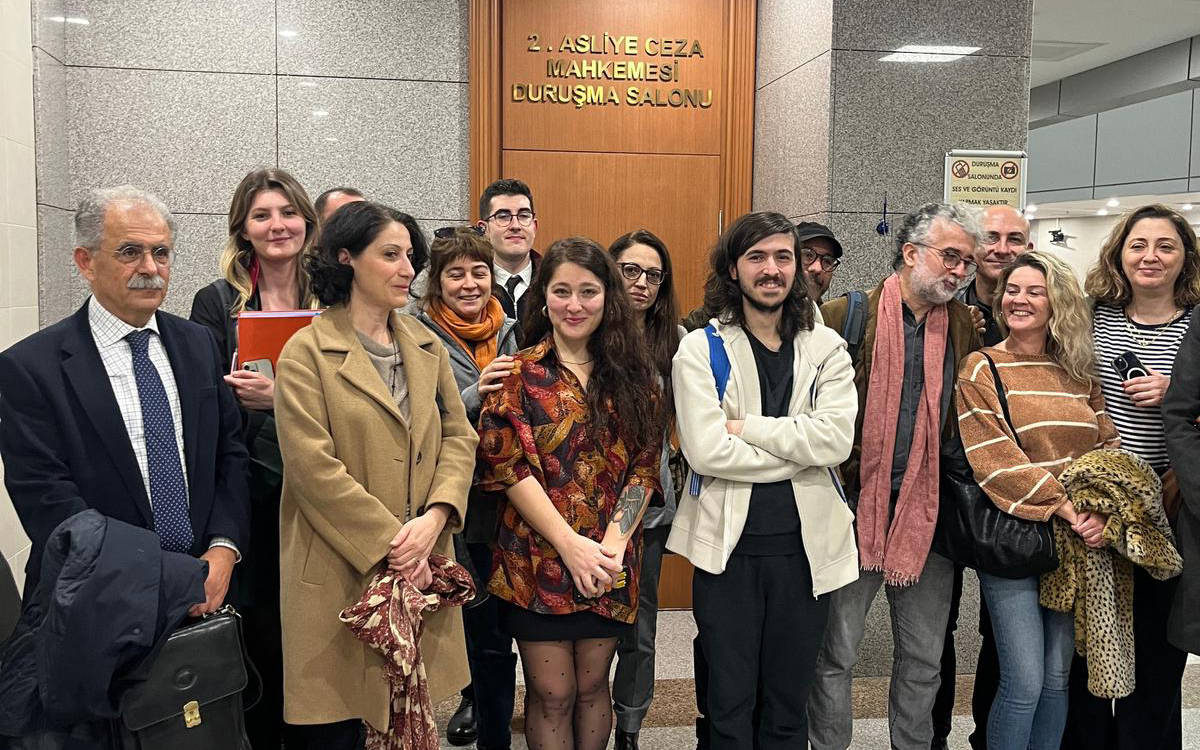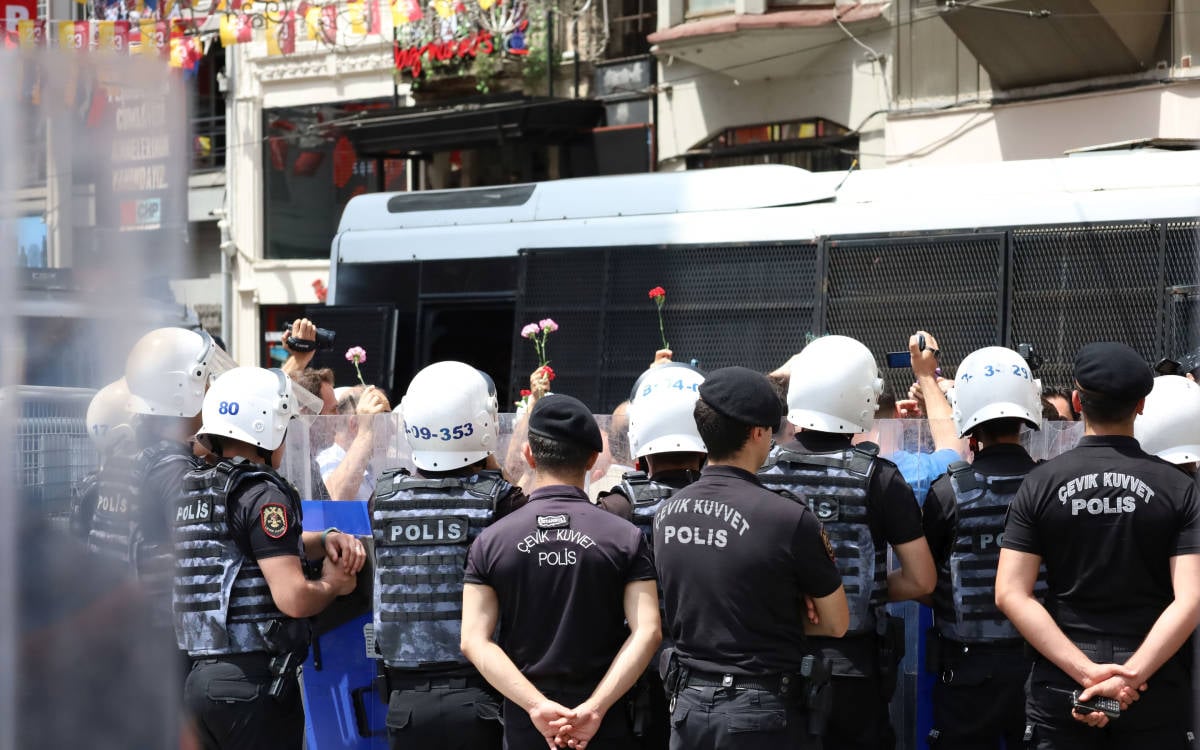Click to read the article in Turkish / Kurdish
A nurse who is working in the earthquake-hit region as a volunteer draws attention to the dangers related to accommodation, heating, and pandemics. She says AFAD is not well-organized.
The bianet team reporting from the earthquake-hit areas is now in Elbistan.
"We come across many volunteers," say Ferid Demirel and Hikmet Adal.
Some are in groups and some came all by themselves.
Ferid and Hikmet talked to a nurse who came to Elbistan, Maraş as a volunteer from İzmir.
They met her in Elbistan djemevi. She was talking to someone on the phone. She was saying that she needed an off-road vehicle to be sent there. She should have succeeded since she shouted out happily.
Ferid and Hikmet asked her why she needed an off-road vehicle.
They are having much difficulty, especially going to the villages on the mountains under the winter conditions. She told that a volunteer from İzmir had sent off-road vehicles, that the gendarme now had them, and that she was making phone calls in order to get them.
"If they give one of those vehicles to us, I can reach the villages easily," she says.
The thing that she has been observing, since the very beginning, is that people's accommodation problem has not been solved. Where she iş, tents were erected four days after the earthquake. And there were no heaters in the tents. The earthquake victims need heaters, she says.
The nurse from İzmir arrived in Elbistan on the second day. "We are trying to find a mobile toilet ever since. All people are staying in the djemevi. I saw old people wetting themselves. We still do not have a mobile toilet. The basic problem here, and also in Göksun, are the accommodations without any heating," she says.
"AFAD cannot organize distribution"
The bianet team also observed the accommodation and heating problems in Elbistan, Afşin, and Göksun.
One night when they stayed in a gas station, the temperature fell to 22 degrees below zero.
The volunteer nurse they talk to also mentions people dying of hypothermia in this cold weather. She tells Hikmet an Ferid about one man.
"This man had survived the earthquake. He was alive. People died of hypothermia in cars. Look, this person was not someone pulled out of the debris. He was a normal citizen, like you and me. He got out, he escaped the wreckage. He died of hypothermia in the tent.
Here, we struggle most trying to keep the patients warm. This is the biggest problem," she says.
The aid sent is not well organized she thinks and explains why.
"You change the diapers of a child at least four times a day. But you can change clothes after four days, no problem. The aid sent is not well organized. Clothes are sent. And what we lack the most is organized people. We tell people to organize within themselves, as 8-10 people and come to the region. When they come via AFAD, AFAD cannot organize and distribute these people."
The voluntary nurse also draws attention to the risk that the dead bodies under wreckages and the waste, if mixed with drinking water, will create.
A pandemic is expected in the region due to all these problems. "We will therefore set up health cabins," says the nurse.
"Tents should be erected and then given"
She has also seen miracles such as a man caught by the earthquake in the stable. He had his cow next to him. He was able to stay alive thanks to the warmth of the animal.
"But these people who survived the earthquake should not die of hypothermia now. We should not still be searching for heaters on the sixth day of the earthquake," she says.
There are requests for tents from many villages. But these tents should be delivered so that they are erected before they are handed over to the people, the nurse underlines. "These are not the camping tents that we know how to erect. They are well-equipped tents with instructions for setting up in English. They are distributing tents to the villagers. These people cannot set up those tents. You need to take that tent and erect it there."
"No space in morgues for dead bodies"
The dead bodies are outside in the open, the nurse tells bianet team. This is because there is no space left in the morgues for the dead bodies anymore.
"This is a problem. It is a risk. There is always the risk of a pandemic in an earthquake. If the waste gets mixed into the water we should expect illnesses. We should have been better organized," the volunteer from İzmir says.
Some people who could not find drinking water drank snow water instead. Then they had diarrhea. "There are no toilets and the people are having diarrhea! You have seen the people here. There are many old people here." she says.
She adds as a last remark that she does not think that AFAD is well-organized in the face of such a disaster. (FD/HA/PE)





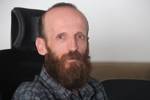
.jpg)
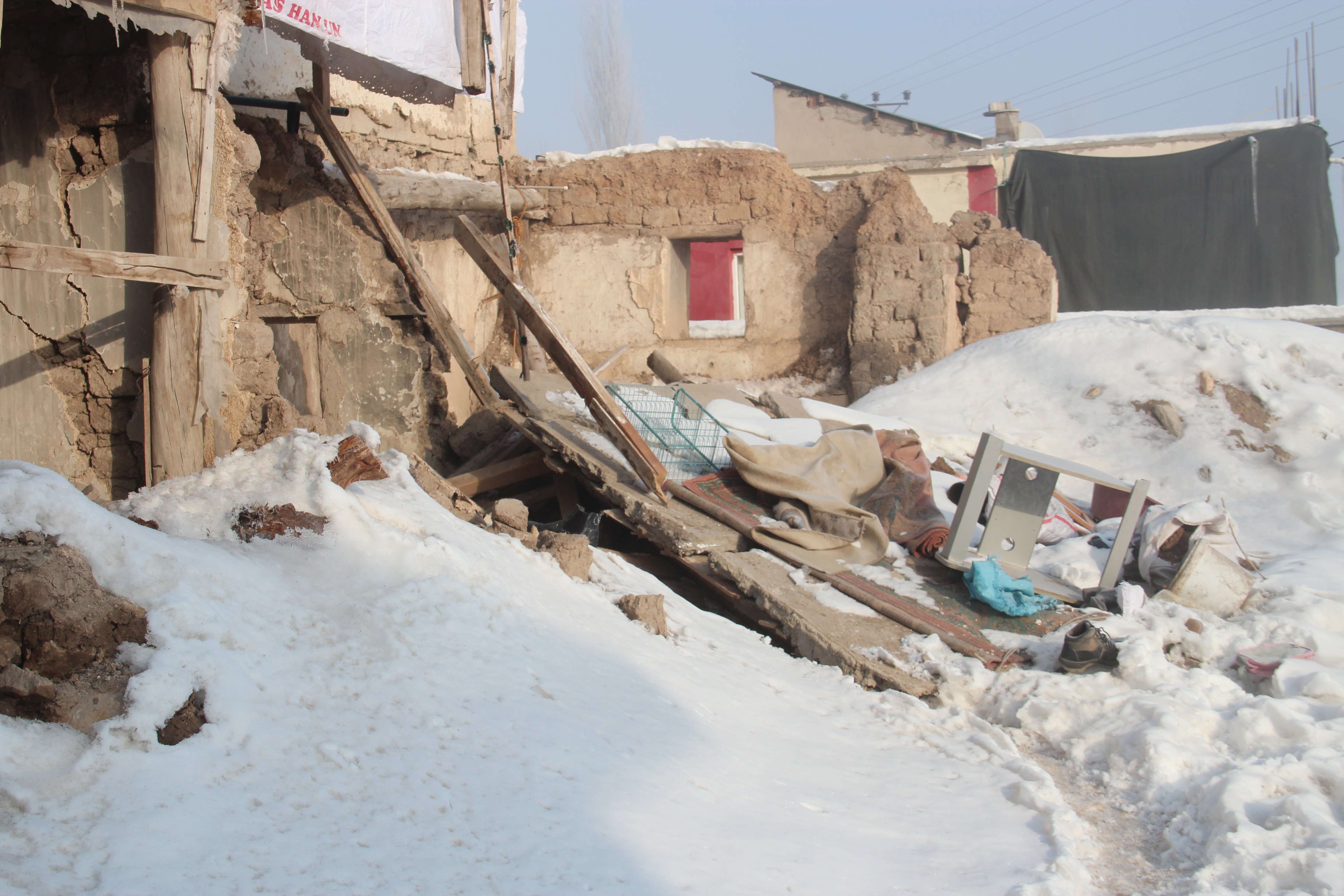
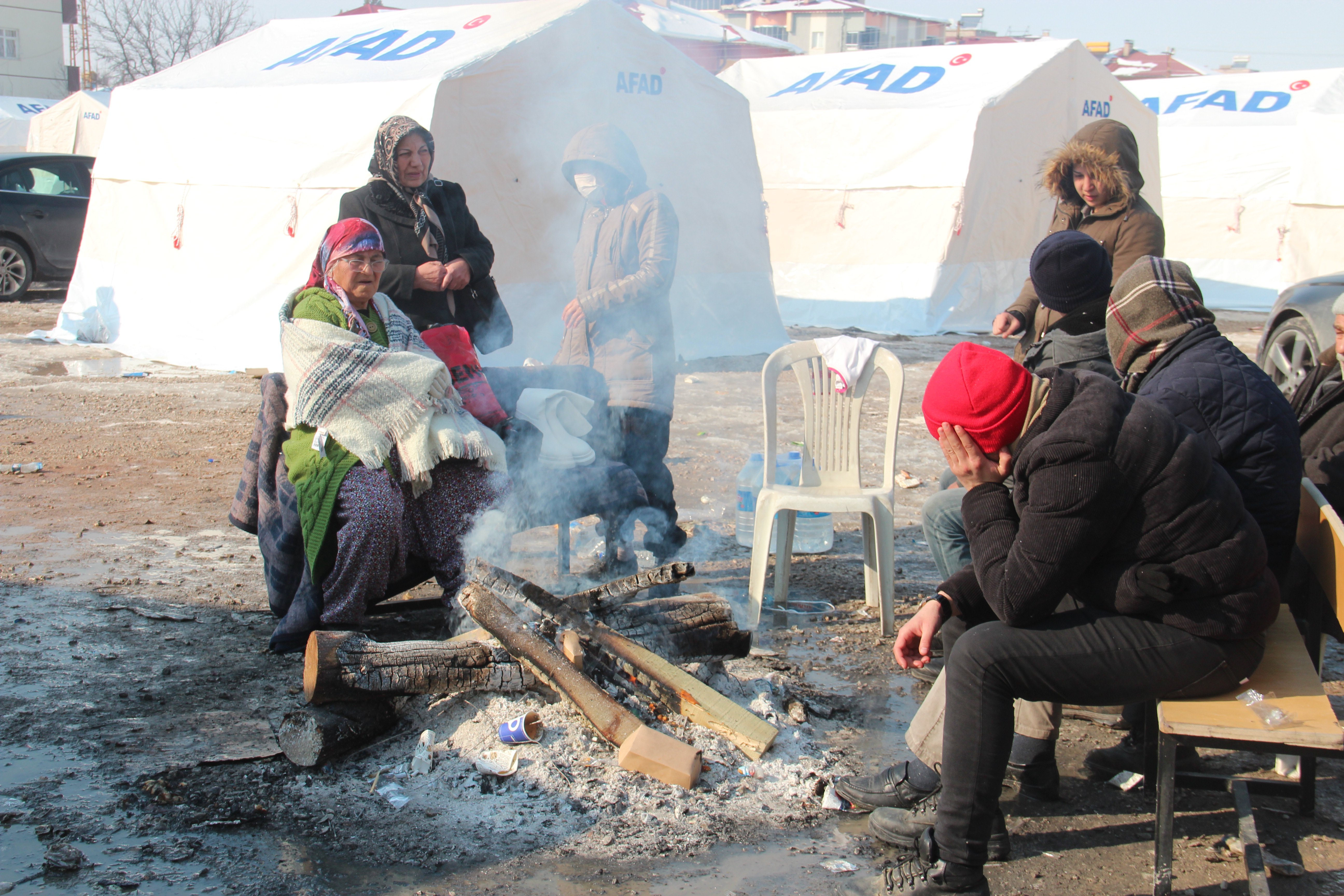
.jpg)
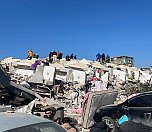
.jpg)
.jpg)
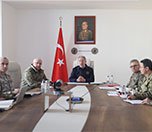
.jpg)
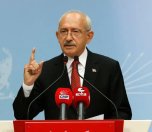

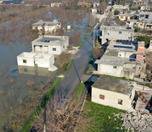
.jpg)
